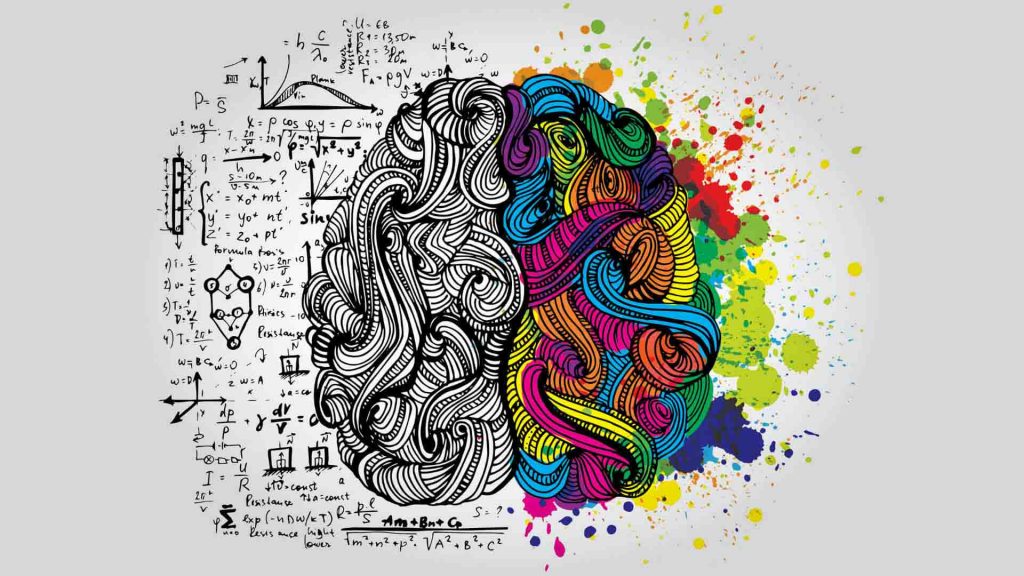Sudha Devi Nayak
Eric Weiner in his brilliant travelogue ‘Geography of Genius’ visits a cluster of places of cultural interest and cradles of civilisation to discover the genesis of genius. In his global quest for the definition and meaning of genius he tells us that genius is not an inheritance. There is no genius gene, though he admits that genes may play a certain role in the creative ability of a genius.
His first port of call is Athens. Weiner says we all have a “Greek moment” when we have a rational thought or gazed at the sky in wonder. The element of wonder, inspiration, rationality have been given to us by the Greeks when they brought us democracy, science, philosophy and poetry. Classical Greece yielded brilliant minds such as Homer, Socrates, Aristotle Plato and Herodotus. The genius of Greece was simplicity and they viewed expertise with suspicion. They thrived on competition not for personal glory but for love of their city.
Weiner’s quest for genius takes him on to Hangzhou the dynastic capital of Song dynasty that flourished in art, poetry, technology and medical advances. The Chinese variant of genius was bound with philosophy and spirituality, a blend of Buddhism and Confucianism. It was China’s renaissance with a succession of enlightened leaders devoted to art and culture. It was the reign of the emperor poets and it is said people could pay for their wine and tea with copies of celebrated poems.
The Chinese genius has the Asian characteristic of not a sudden break through but a gradual development. The creative act is not an innovation but of discovery, not a break from tradition but a continuation of it, going forward by looking back. At the heart of Chinese genius is humility which explains why their classics and inventions remain anonymous.
The city of Florence gave birth to geniuses such as Leonardo da Vinci, Michelangelo and Dante. Florence is the story of money and genius, merchants and bankers. Patrons such as Lorenzo D’ Medici inspired, nurtured, challenged and demanded innovation in art. Genius was recognised, cultivated and honoured. Workshops were set up where techniques were tested, art forms developed and talent nurtured. Art was a collective enterprise and it was pursued for the city, church and posterity. True genius is bigger than itself.
The Scottish brand of genius is the melding of deeply philosophical ideas with real world applications and the centre of this is Edinburgh. Scottish inventions are in the realm of the mind — empathy, morality and common sense. It is the epicentre of medical education. David Hume with his ‘Treatise of Human Nature’ is modernity’s first great philosopher; he said a philosopher also needs to be a man.
Kolkata is the city of chaos on the precipice of a dying empire. City of Joy, city of lost causes, city of second chances with its moments of glory. The city’s geniuses spanned the arts, literature, science and religion. The home of movements, revolutions and conversation played a role in Bengal Renaissance. Their “adda” is conversation without agenda. Conversation without a point but not pointless. Conversation, sanctified with a name and an entire mythology. Adda is spontaneous, coffeehouse, tea stand, someone’s house and a great forum for questions. It is the questions that matter. But melancholy hangs in the air as if the city had a good run and its best days lie behind it.
Mozart and Freud are two faces of Vienna; their respective times represent the two phases of the golden age of the city. The arts, science and philosophy flourished and creative people were highly appreciated. Viennese music is the story of collaboration of artist and audience. With Freud, Brahms, Wittgenstein and with its ethnic diversity of genius Vienna became the birthplace of the modern world.
After the grand quest for genius, Weiner circles back to Silicon Valley, where ideas are not made but given a leg-up, polished and delivered to the world — Facebook, Google, the start-ups that rose and fell. This fascinating intellectual odyssey examines how genius thrives in a culture of creativity and nurture even among constraints, chaos and disruption.
